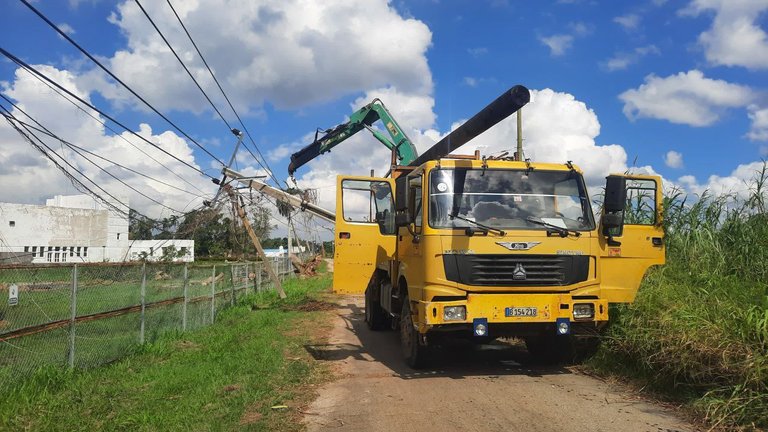The Latin American Report # 366

When the ad hoc Presidential Transition Council was installed in Haiti earlier this year, the coalition of countries supporting the process hoped the body would help pacify the country and lay the groundwork for elections there, where people are also thirsty for democracy after a long drought. We have many elements to criticize this initiative, starting from the fact that it was forged leaving the citizenship aside. Although it could be argued that there was no way to call for active citizen participation amid bullets, the truth is that it ended up blessing from the outside a political deal including historical political forces, whose relationship is marked by often irreconcilable differences (CARICOM's international accompaniment was rejected by some political parties).
In the long run, the transitional council has fallen far short of progressing on either of the two objectives that gave it life. It is valid, however, to recognize that international support has been very insufficient to contain the cancer of the gangs, which already have under their “jurisdiction” more than 75% of the territory Port-au-Prince, increasing the de facto control they already exercised over large areas of it. On Monday, a Spirit Airlines plane was hit by gunfire while landing at Haiti's main airport. A flight attendant was slightly injured, and the aircraft ended up landing in the neighboring Dominican Republic. The aforementioned airline and Jet Blue suspended their operations in the shaken Caribbean nation, although in general “all flights in and out the Toussaint Louverture International Airport in Port-au-Prince [were temporary] halted”.
The incident is part of a new spiral of violence within the larger security crisis, which seems to reject the controversial change of power decreed by the transitional council, which to top it all has been peppered with accusations of corruption and of being the scene of power struggles (the outgoing prime minister opposed the move, claiming that the council did not have the authority to do so). Heavy clashes were reported between gangs and security forces on Monday, when the change of power ceremony was scheduled to take place.
Haiti’s international airport shut down Monday after gangs opened fire at a commercial flight landing in Port-Au-Prince as the country swore in a new interim prime minister who promised to restore peace. pic.twitter.com/Njc9NBmpro
— The Associated Press (@AP) November 11, 2024
Haiti’s international airport shut down Monday after gangs opened fire at a commercial flight landing in Port-Au-Prince as the country swore in a new interim prime minister who promised to restore peace. pic.twitter.com/Njc9NBmpro
— The Associated Press (@AP) November 11, 2024
Cuba
These days I have been somewhat focused on my country, something not very usual in my reports. However, the situation warrants it. To the economic nightmare has been added the punishment by air and land of nature, which after two devastating hurricanes that hit the east and west of the country, respectively, yesterday, Sunday, frightened the inhabitants of the province of Granma after the report of strong seismic activity. A 28-year-old hairdresser told AFP that “there are houses with cracked walls, others had walls collapsed and some had their roofs blown off”. The reported damages represent a major burden for a State with many debts already in terms of support to citizens affected by natural contingencies. In the town of Pilón, there was damage to the electrical infrastructure as well, although most of it has already been reactivated.
Meanwhile, as regards the recovery after the relentless lashing of Hurricane Rafael on Wednesday last week, the complex breakdowns caused in the power system keep thousands of people without electric service. Havana, the capital, always prioritized, already has 97% of its customers with service, and power distribution has also recovered quite a lot in Mayabeque (92%), but in Artemisa—the hardest hit province—coverage is still below 4%, and it has not been possible to locate the breakdown that prevents the connection to the national power system of the westernmost of the Cuban provinces, Pinar del Río, which unlike the previous ones has its power grids in perfect condition. So far, Russia, Mexico, the European Union, and Venezuela are the most active countries in sending material aid. The Cuban government has imprisoned citizens participating in small protests in recent days.
 After more than 120 hours without electric service, technicians restored power to my university, also hit by hurricane Rafael and located in western Havana.
After more than 120 hours without electric service, technicians restored power to my university, also hit by hurricane Rafael and located in western Havana.And this is all for our report today. I have referenced the sources dynamically in the text, and remember you can learn how and where to follow the LATAM trail news by reading my work here. Have a nice day.

